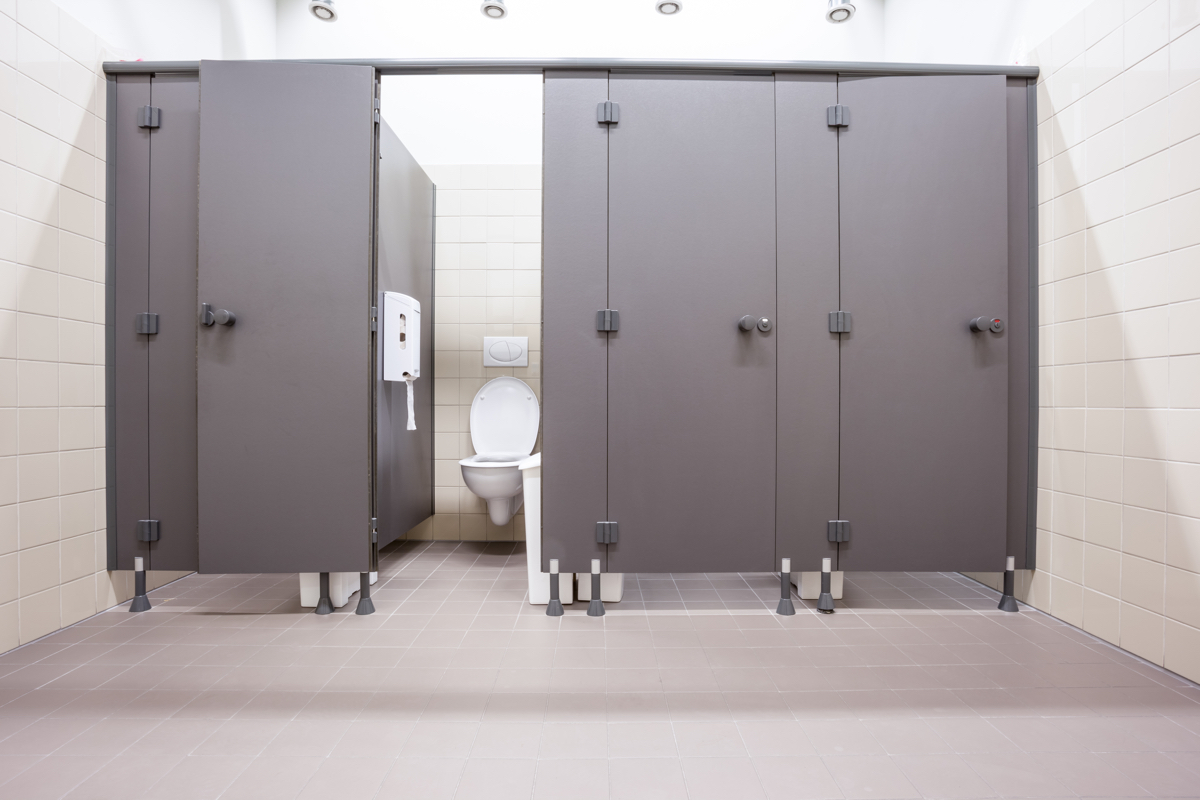Massachusetts Pastors Are Dropping Their Transgender Bill Lawsuit

Photo via iStock.com/DenBoma
Assured they can retain control over their bathrooms and changing facilities, and continue preaching an anti-transgender message if they choose to do so, pastors at four churches say they no longer plan to sue over the state’s trans protections bill.
The churches, supported in their legal challenge by Arizona-based Alliance Defending Freedom (ADF), say they are encouraged by updated guidelines from the Attorney General’s office, which no longer include “houses of worship” on a list of places where discrimination against transgender people is against the law.
The bill, which took effect in October, bans discrimination against trans people in public accommodations, like parks and restaurants. It also makes it illegal to keep people from using the bathroom of their choosing if they identify with a gender different from their biological sex.
Pastors had worried the ban might apply to their churches, as well as events—like “spaghetti suppers”—held on church property. But Maura Healey’s office has made it clear that, in most cases, it does not.
In a November letter to the ADF legal team, her office indicated that church events would be exempt, although the updated guidelines do say that “religious facilities may qualify as places of public accommodation if they host a public, secular function.” The ADF is pleased with that clarification, which came amid arguments that the ban would violate the First Amendment if it applied on religious property.
“What we’re really talking about here is whether or not the government can dictate how the church operates,” says Christina Holcomb, ADF legal counsel. “And regardless of whether you agree or disagree about the church’s particular beliefs about human sexuality, I think we can all agree it’s deeply concerning when the government tries to start intervening inside the church doors.”
The religious leaders plan to hold a press conference Wednesday at Boston’s Congregation Lion of Judah church.
Freedom Massachusetts, the group that had fought for passage of the bill, wrote in a statement on its website that it believed the ADF’s lawsuit to be “baseless” and that it, too, was pleased with the AG’s interpretation of the law. It also referred to the ADF as “a notorious anti-LGBT advocacy group, working nationwide to undermine the rights of gay and transgender Americans.”
“We all value the First Amendment’s guarantee of religious freedom,” writes Kasey Suffredini, co-chair of the Freedom Massachusetts Education Fund, “and we are glad to see ADF acknowledge today that the Commonwealth’s long standing nondiscrimination laws, including the transgender protections update, does nothing to infringe on the freedom of congregations, clergy, and people of faith to practice their beliefs.”
As for transgender people who might want to attend a sermon or a spaghetti supper, Holcomb says the churches do not plan to turn them away.
“When an individual walks into the church, they are loved, they are welcomed, and my clients want them to be there,” Holcomb says. “But when you walk through those doors you are a guest. And as a guest, then you need to use the church’s facilities in a way that is consistent with the church’s faith, and respectful of their beliefs.”
She says her team and the churches will be watching for cases of government overreach, and will sue again if they see fit.
Meanwhile, another challenge to the newly passed transgender protections law is pending. Voters in 2018 will will decide whether to repeal it via ballot question, an initiative being led by a group called Keep MA Safe.


